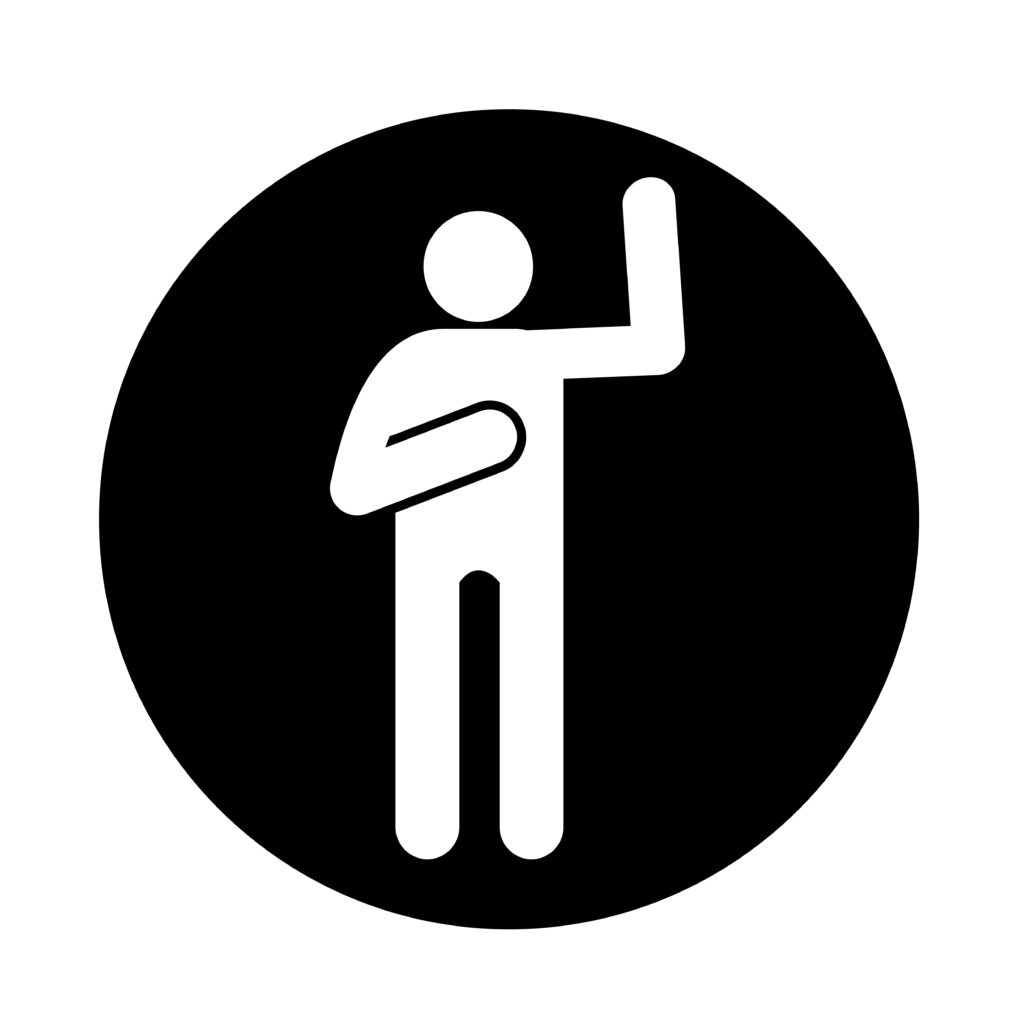Courses
Natural Law
Since the earliest days of human thought, philosophers and seekers have asked a vital question: Is there a universal code of conduct that leads to true freedom? The answer, echoed across spiritual and philosophical traditions, lies in the concept of natural law—a set of inherent principles woven into the fabric of existence.
Natural law is not a man-made system of rules, but rather a set of moral and ethical truths that can be discovered through reason, intuition, and observation of nature. These principles transcend culture, religion, and government. They are universal, unchanging, and apply to all conscious beings capable of understanding the difference between harm and no harm.


Learning How to Learn
At the heart of this lies the liberal arts—an ancient framework for cultivating clarity, reason, and wisdom. These arts weren’t designed to train workers or specialists, but to prepare free human beings to engage with the world consciously and responsibly.
We begin with the Trivium, the foundation of all clear thinking:
Grammar is concerned with what is. It helps us understand the symbols we use—words, numbers, names—and the terms we build knowledge from.
Logic is concerned with why it is. It trains the mind to recognise cause and effect, test ideas, and identify faulty reasoning. It’s the structure of thought itself.
Rhetoric is concerned with how it is communicated. It teaches how to express ideas clearly, persuasively, and with integrity—so truth can be shared, not just stored.
Human Action
At some point, every idea meets the world through action. No matter how much we know or feel, what shapes our lives—and society—is what we choose to do.
A mature education should prepare people not simply to follow instructions or fill roles, but to act with purpose. That means understanding how action works, what it costs, and why it matters. This is where the insights of Ludwig von Mises become essential.
Mises taught that economics is not just about money or markets—it is the study of human action. At its core, this means:
People act to improve their condition.
Every action reflects a choice.
And every choice reveals a value.
From this perspective, education should help students see that all action involves trade-offs, and that what they choose to do is a reflection of what they believe matters.

TALK TO US
Have any questions? We are always open to discussing your business, new projects, creative opportunities, and how we can help you.